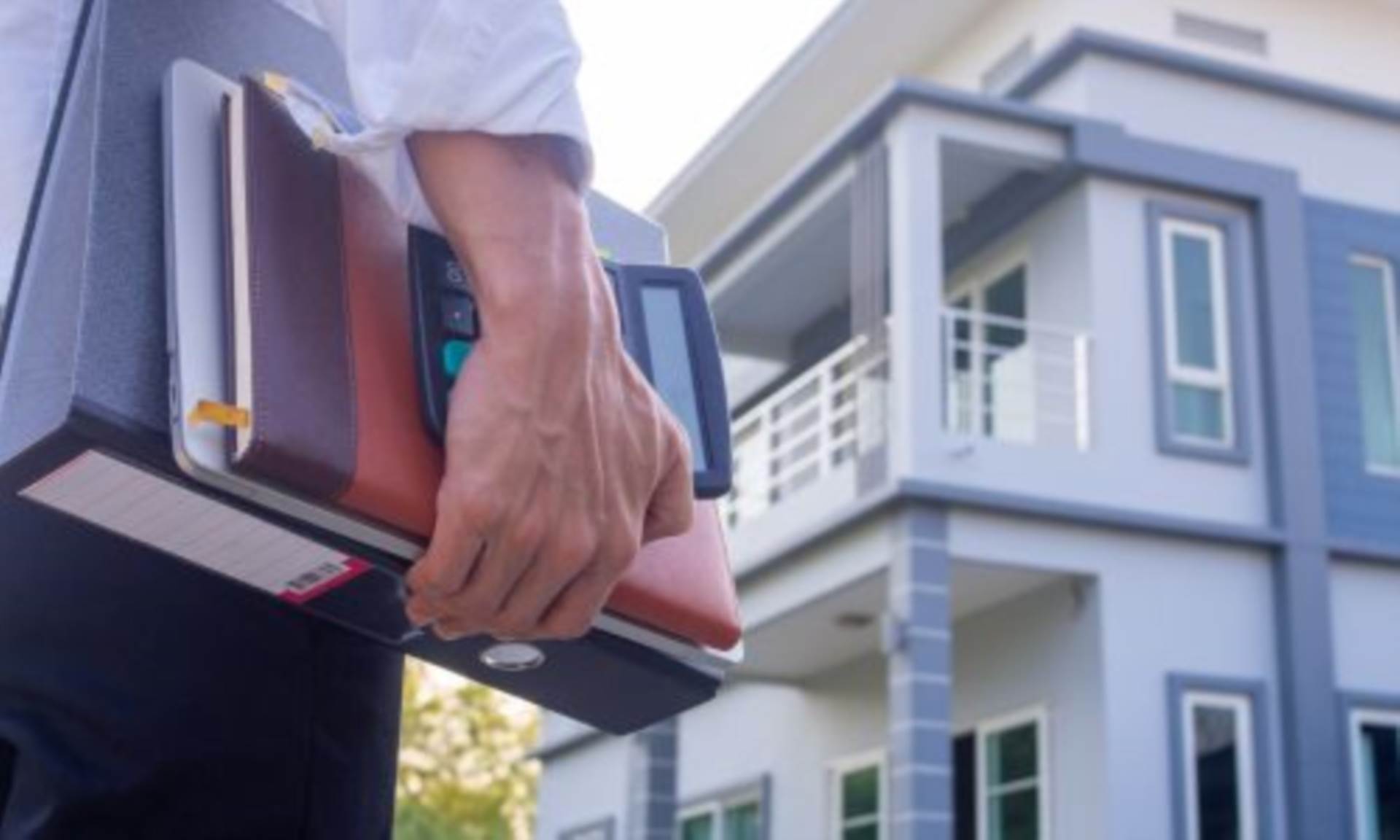
Date Published 15 April 2024
Accepting an offer on your home might feel like the final stage of your sale, when in reality, it's just the beginning. Once you've chosen a buyer for your home and agreed on a price, the conveyancing process can commence. It's important to know exactly what to expect so that you can prepare for the challenges ahead.
Instructing a conveyancer
The first thing you need to do is find a conveyancer, which can be done either before or after you've accepted an offer on your home. When selling a property, instructing a conveyancer early will give you a head start and help you avoid potential delays. Before you've even secured a buyer, your conveyancer can:
Verify identity
Source your property deeds
Draft up the contract
Obtain a copy of the lease (if applicable)
Instruct you to complete your conveyancing protocol forms
Having these key things ready well in advance can cut down on the conveyancing process by weeks and ensure that there aren't any unnecessary roadblocks on your end.
Sold Subject to Contract
Once you have secured your buyer and accepted their offer, your estate agent will draft a Memorandum of Sale. At this point in the process, your listing will be labelled as Sold Subject to Contract (SSTC) which means that the sale of your house will not be legally binding until contracts have been exchanged. Therefore, you are still allowed to receive and accept other offers at this stage.
Pre-exchange
The pre-exchange phase is the longest part of the conveyancing process, as this is where your conveyancer works with the buyer's conveyancer, estate agent and all other parties involved to advance your case. During this time, all your crucial documents and forms will be sent to the buyer's party through your conveyancer, including title deeds and the draft contract. They will also address any queries from you or the buying party, which is when negotiations may arise.
Common things to negotiate and agree on may include:
Fixtures and fittings (inclusions and sale price)
The date of exchange and completion
Resolution of issues from the buyer's survey.
Your agent can negotiate on your behalf, so let them know exactly what you want and are willing to agree on.
Pre-completion
Pre-completion should be a period of calm where the uncertainty is over, and you can start planning for your move and tying up loose ends. Your completion day could be set anywhere between 7-28 days after the exchange of contracts, and this date should be agreed with the buyer. However, there is no minimum or maximum timeframe between exchange and completion, so you may have to negotiate to suit your circumstances.
Completion
Completion takes place on your agreed moving day and is the last step in the process of the sale. Completion day is when ownership is transferred from the seller to the buyer, keys are handed over, and you can officially move out of your old home and into your new one.
Thinking of selling this year? Book an expert valuation with